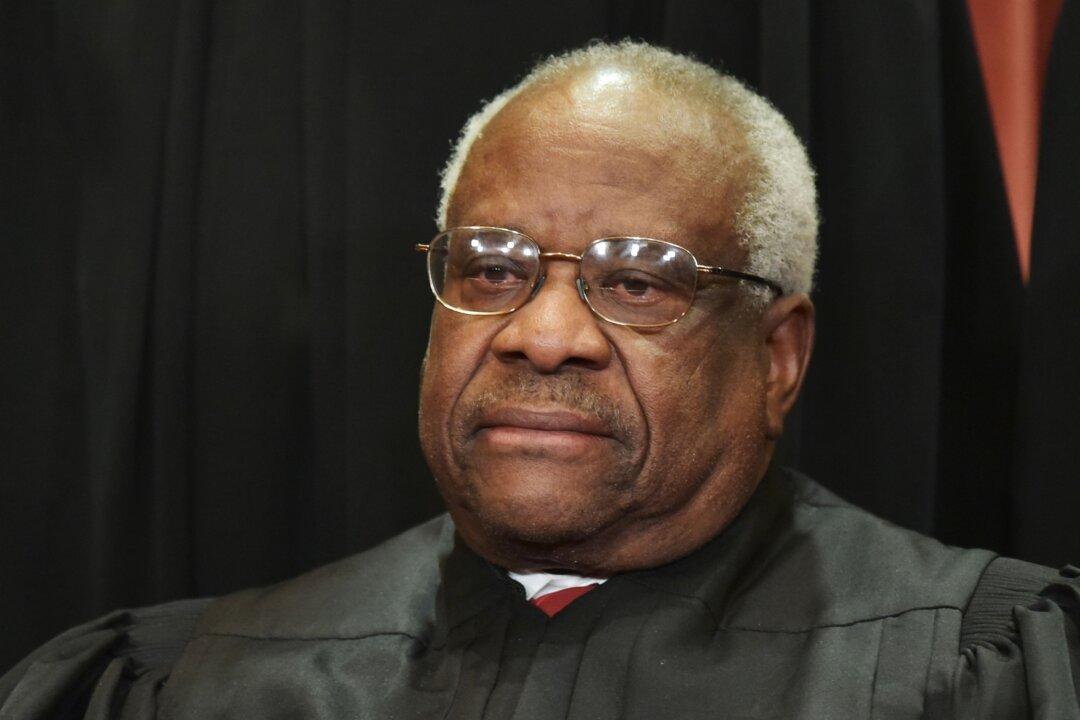The U.S. Supreme Court on Oct. 2 rejected an appeal from attorney John Eastman after a lower court found that he may have acted in a criminal manner regarding legal advice he provided to former President Donald Trump, prompting a recusal from Justice Clarence Thomas.
The Supreme Court left intact the lower court ruling that mandates that Mr. Eastman hand over emails to the House of Representatives’ Jan. 6 committee, which was dissolved earlier this year as Republicans took control of the chamber. Justice Thomas didn’t issue a written statement in the order, and the Supreme Court provided no reasoning for denying his petition.





